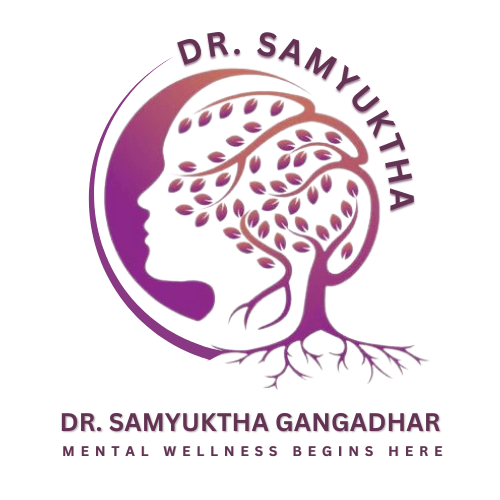PTSD

Post-Traumatic Stress Disorder (PTSD) is a mental health condition that can develop in individuals who have experienced or witnessed a traumatic event. Traumatic events are situations in which a person’s life or well-being is threatened, and they may feel intense fear, helplessness, or horror. PTSD can affect anyone who has gone through such an experience, whether it be a natural disaster, a serious accident, combat, sexual assault, or any other event that provokes strong emotional reactions.
The symptoms of PTSD can be grouped into four main categories:
Intrusive thoughts: Individuals with PTSD often experience recurring, involuntary memories of the traumatic event. These memories can manifest as flashbacks, nightmares, or distressing thoughts that intrude into daily life.
Avoidance: People with PTSD may avoid reminders of the traumatic event, including places, people, thoughts, or activities that are associated with the trauma. This avoidance can interfere with daily functioning and social relationships.
Negative changes in mood and thought: PTSD can lead to persistent negative emotions such as guilt, shame, or fear. Individuals may also experience distorted thoughts about themselves or the world. They may have difficulty remembering key aspects of the traumatic event.
Changes in arousal and reactivity: People with PTSD often become hyperalert, easily startled, and may struggle with concentration and sleep disturbances. They may also exhibit irritability, anger outbursts, and engage in risky behaviors.
For a diagnosis of PTSD, these symptoms must persist for more than a month and significantly impact the individual’s ability to function in daily life. It’s essential to note that not everyone who experiences a traumatic event develops PTSD, and different individuals may react differently to similar traumatic experiences.

